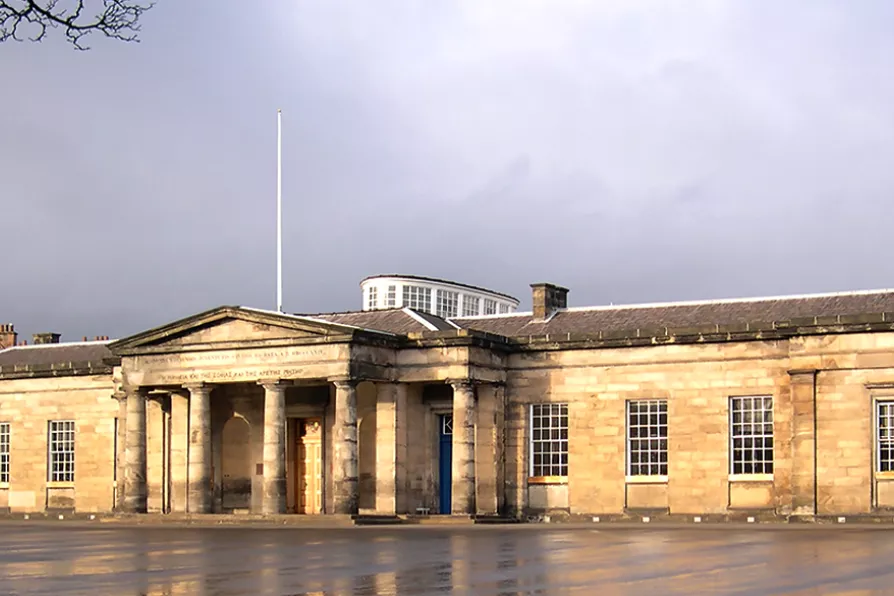From Chartists and Suffragettes to Irish republicans and today’s Palestine activists, the treatment of hunger strikers exposes a consistent pattern in how the British state represses those it deems political prisoners, says KEITH FLETT

 GRIM SIGHT: Light is shone on Edinburgh Academy
[Macumba /CC]
GRIM SIGHT: Light is shone on Edinburgh Academy
[Macumba /CC]
THE trial, which will begin soon, of an 88-year-old former junior school teacher, housemaster and deputy head teacher on 18 counts of child abuse may seem like a local affair, particular to a strangely rotten private school in Edinburgh, and of interest only to Scottish tabloids and the Tory press, and not to readers of the Morning Star.
But this would be wrong. This case is highly revealing of the ruling-class culture that fills the ranks of the government and professional classes that hold sway disproportionately in Britain, and it demonstrates uniquely both how vulnerable this culture is, and how the ruling class itself deals with the revelation of the abuse that lies at its heart.
It also shows that socially engaged and democratic oversight of schools, that has a track record in Scotland, points the way forward.

The devastating impact of austerity has left Scotland’s education system on its knees, argues ANDREA BRADLEY, urging politicians to show courage by increasing wealth taxation to fund our schools properly













